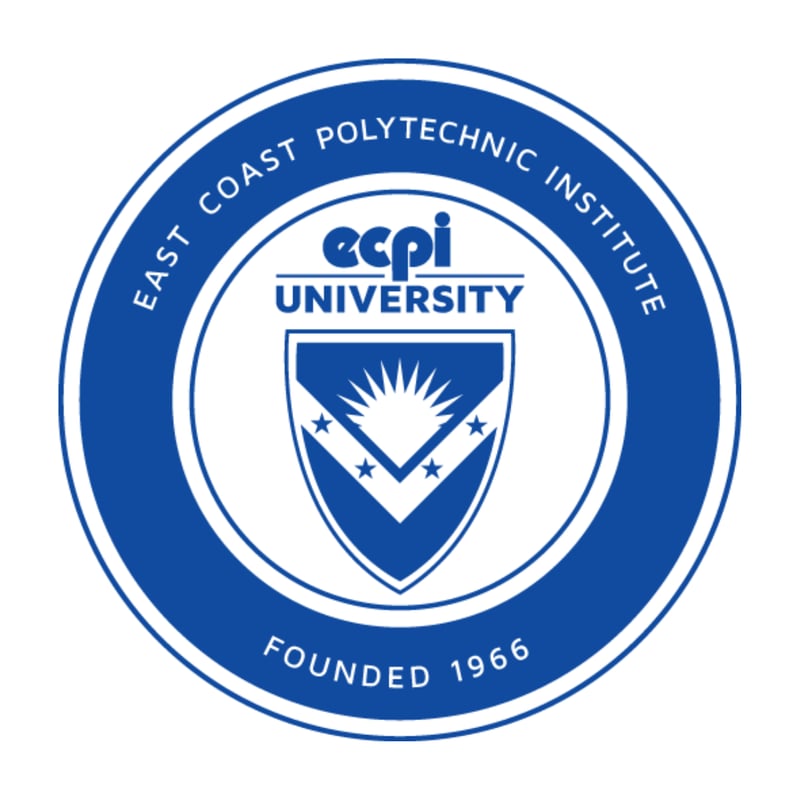
Financial aid (may be available)

Financial aid (may be available)

Financial aid (may be available)

Financial aid (may be available)

Financial aid (may be available)

Financial aid (may be available)

Financial aid (may be available)

$4,995 total
No cost info

$2,625 total
No cost info
$250 total

No cost info
No cost info
The Hospitality and Tourism Management online certificate is designed to attract career-minded individuals who are seeking to develop their managerial skills and abilities in the hospitality and tourism industries while maintaining a flexible work schedule. Students enrolled in this certificate will gain an increased knowledge and understanding of both the hospitality and tourism industries by recognizing the responsibilities for a variety of management positions. Students will also be able to apply their understanding of financial and accounting concepts in an assortment of settings by demonstrating effective critical and analytical skills in their decision-making. This certificate is able to ladder into Hospitality Management (two-year program) or the Hospitality and Tourism Management (four-year program) without loss of credits.
APPLY NOW
No cost info

A career in hospitality management means that you are involved in every aspect of your property’s many moving parts. From the front of the house to the back, you need a firm grasp on finance, marketing, and managing employees to succeed. Build your credibility and learn how to manage a world-class operation with a foundation in essential industry best practices and skills.
By taking this certificate program, you will learn how to improve in your role as hospitality manager by developing strategies that can be applied to your teams in the workplace. This program covers a wide range of content, from building a loyal guest base to finances to team building, giving you a set of skills needed to be successful in a management role. Knowing how to handle multiple facets of the hospitality industry will help you manage your organization to its fullest potential as well.
Whether you are a manager currently, positioning yourself for a management position, or have recently been promoted, make your mark today by learning from experts in the School of Hotel Administration at Cornell University, one of the world’s most prestigious hospitality schools. You can finish all of the courses in this program and earn your certificate in as little as three months, spending about three to five hours per week.
This program includes a year of free access to the Hospitality and the Marketing Symposium! These events feature several days of live, highly participatory virtual Zoom sessions with Cornell faculty and experts to explore the marketing and hospitality industry’s most pressing topics. Symposium events are held several times throughout the year. Once enrolled in your program, you will receive information about upcoming events.
Throughout the year, you may participate in as many sessions as you wish. Attending Symposium sessions is not required to successfully complete the certificate program.
No cost info
Are you interested in a career in the hospitality industry? Do you have excellent communication and leadership skills? If so, a career in Hospitality Management may be the perfect fit for you. In this blog post, we will explore what Hospitality Management is, the training requirements, what to look for in a class, what to expect from the day-to-day class, the certification process, how to find related jobs, and other classes you can take after becoming a Hospitality Manager.

Hospitality Management refers to the administration and organization of hotels, restaurants, and other establishments in the hospitality industry. This field requires individuals with strong interpersonal skills, problem-solving abilities, and a passion for providing exceptional customer service. Hospitality Managers are responsible for overseeing all aspects of the business, including front desk operations, food and beverage services, event planning, and staff management.
To pursue a career in Hospitality Management, it is recommended to have a high school diploma or equivalent. However, many employers prefer candidates with a bachelor's degree in Hospitality Management or a related field. Some community colleges and vocational schools also offer certificate programs or associate degrees in Hospitality Management, which can provide a solid foundation for entry-level positions in the industry.
When searching for Hospitality Management classes near you in Louisville/Jefferson County, it is important to consider the following factors:
Accreditation: Ensure that the school or program you choose is accredited by a recognized accrediting agency. This ensures that the program meets certain standards of quality and will be recognized by employers.
Curriculum: Review the curriculum of the program to ensure it covers the necessary topics and skills required for a career in Hospitality Management. Look for courses that focus on customer service, marketing, finance, operations management, and leadership.
Internship Opportunities: Check if the program offers internship or work experience opportunities. This can provide valuable hands-on training and networking opportunities in the industry.
Faculty and Industry Experience: Research the qualifications and experience of the faculty members. Look for instructors who have practical experience in the hospitality industry, as they can provide valuable insights and real-world examples.
Job Placement Assistance: Inquire about the school's job placement assistance services. A good program should have resources and connections to help students find employment after graduation.
Hospitality Management classes typically involve a combination of classroom lectures, group projects, case studies, and practical exercises. Here are some examples of what you can expect from the day-to-day class:
Learning about different aspects of the hospitality industry, including hotel management, restaurant management, event planning, and tourism.
Developing skills in areas such as customer service, communication, problem-solving, and leadership.
Studying business topics such as marketing, finance, human resources, and operations management.
Participating in group activities and projects to enhance teamwork and collaboration skills.
Gaining practical experience through hands-on exercises and simulations.
While certification is not always required for a career in Hospitality Management, it can enhance your job prospects and demonstrate your commitment to the profession. The American Hotel & Lodging Educational Institute offers several certifications for Hospitality Managers, including the Certified Hospitality Supervisor (CHS) and the Certified Hospitality Department Trainer (CHDT) certifications. These certifications typically require passing an exam and meeting certain education and experience requirements.
After completing a Hospitality Management program, you can explore various job opportunities in the industry. Here are some ways to find related jobs:
Networking: Attend industry events, join professional organizations, and connect with professionals in the hospitality industry to expand your network and learn about job opportunities.
Online Job Boards: Utilize online job boards and websites dedicated to hospitality job postings, such as Indeed, Monster, and Hospitality Online.
Company Websites: Visit the websites of hotels, restaurants, and other hospitality establishments in your area to check for job openings and submit your resume.
Internship Connections: If you completed an internship or work experience during your Hospitality Management program, reach out to the contacts you made during that time for potential job opportunities.
Once you have established a career in Hospitality Management, you may consider taking additional classes to enhance your skills and advance your career. Here are some examples of other classes you can take:
Advanced Hospitality Management: This class delves deeper into the strategic and operational aspects of managing a hospitality business, including revenue management, marketing strategies, and organizational leadership.
Event Planning: If you are interested in specializing in event planning, taking a class in event planning can provide you with the knowledge and skills needed to plan and execute successful events.
Food and Beverage Management: This class focuses on the management of food and beverage operations, including menu planning, inventory control, and cost management.
Hotel Operations: If you are interested in pursuing a career in hotel management, taking a class in hotel operations can provide you with a comprehensive understanding of front desk operations, housekeeping, maintenance, and guest services.
If you have a passion for providing exceptional customer service and enjoy the fast-paced nature of the hospitality industry, pursuing a career in Hospitality Management may be a great fit for you. By completing a Hospitality Management program and gaining practical experience, you can position yourself for a rewarding career in a variety of settings, including hotels, restaurants, event planning companies, and more.
Dreambound is your go-to for city-specific guides if you're starting in this field. And if you're in another location or considering a change, we've written several others as well.
Contemplating a transition in your career or exploring various professional paths? Dreambound has written many guides to help you in making informed decisions. Here are a few:
Dreambound's platform allows prospective students to find the right educational program for them through searching, filtering, and connecting with our extensive selection of career & technical education partners.
Dreambound has over 70 programs across healthcare, technology, business, and industrial trades. This includes programs such as Medical Billing, Cybersecurity, and welding.
Some of our schools offer financial aid for those who qualify. Many others offer payment plans, where you can pay the cost of class over time.
Yes, Dreambound offers many online programs. On Dreambound's search, you can filter by online, in-person, and hybrid (part online, part in-person).
Dreambound is completely free for you to use! We are supported by schools and organizations who pay to advertise on our website, so we can offer all of our career resources for free.